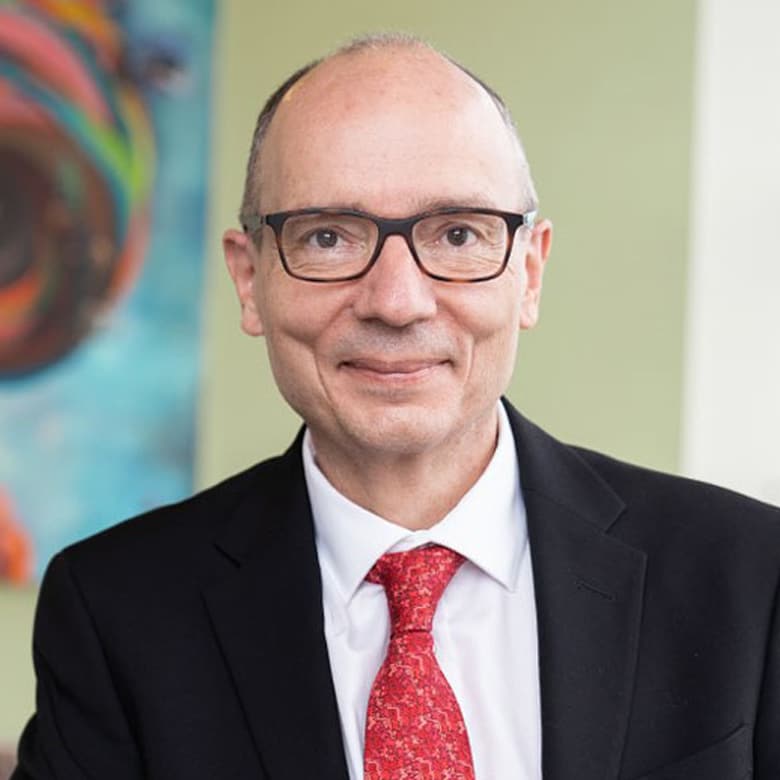What has your career path looked like? How did you initially become interested in philanthropy?
As an undergraduate at Haverford College, I made two decisions that shaped my career path. My freshman year, I signed up for a new program that encouraged students to volunteer and provided travel subsidies. I was able to take the train and return to my neighborhood in Philadelphia, where I volunteered for the local civic group and was mentored by a wonderful group of adults. My sophomore year, I declared my major in philosophy and became enamored with the ancient Greeks and the process of thinking critically about what a flourishing human life is. Throughout my life, philanthropy – the love of humanity – and philosophy – the love of wisdom – have gone hand in hand, informing my decision to pursue a doctorate as well as my need to work to strengthen community and connection.
What has fulfilled you most throughout your career?
How human connection, when informed by a larger purpose, leads to collaboration and creation. I draw my greatest satisfaction through my relationships, especially when I have worked with colleagues on a shared endeavor – the founding of the New Kensington Community Development Corporation in 1985, the creation of the Philanthropy and Civil Society Project in Mexico in 2003, or the research I am doing now related to collective giving groups. In each case, I have experienced a shared purpose, partnership, and mentorship that has been deeply fulfilling.
Why did you choose to join Geneva Global’s Senior Advisory Group?
This was a very easy decision. In 2020, I had the good fortune of working with Geneva Global as a consultant on a few short-term projects, and I found the opportunity immensely gratifying. The level of collegiality, the thoughtfulness, the quality of the work, and the opportunity to learn and contribute—all these elements were extraordinary.
What challenges and opportunities are you seeing in philanthropy right now?
Perhaps unsurprisingly, I think we face inter-related conceptual and practical challenges and opportunities. Conceptually, we need to broaden and deepen our understanding of what philanthropy is and who is a philanthropist. Specifically, it is impoverishing for us to understand philanthropy simply as the wealthy writing checks. I think we need to understand philanthropy as a way for humanity to organize initiatives to improve our social and environmental conditions – to undertake private action for the public good. And practically, these initiatives need to mobilize not only treasure, but time, talent, testimony, and ties, in a way that is collective and accountable to the communities most directly impacted.
What do you want people to know about community philanthropy specifically?
I would just point out that community philanthropy has a broader meaning and a longer history than community foundations, which have a geographic focus. This institutional form of community philanthropy was born in Cleveland in 1914, and since the end of the last century it has been adopted and adapted globally. But there are other forms of community – like women’s funds and Jewish federations – and other organizational forms of community philanthropy – like giving circles – that share its essential characteristic, in that it is a group of people who share a sense of community and mobilize resources to support that community.
What advice would you give to someone who wants to work in philanthropy?
Given my age, the fact that I have daughters newly arrived to their twenties, and that I have spent many years in and around universities, I imagine this “someone” as a person starting their career. I will share two quotations. First, “Be humble,” from the incomparable Kendrick Lamar. Philanthropy – and the world – can benefit from more humility, and its most important ally, engaged listening. Second, “Tell me, what is it you plan to do/with your one wild and precious life?” These lines were my introduction to the work of Mary Oliver. Our life is indeed precious and wild, thus defying too much planning, and yet we need to arrive at a sense of purpose that is at once deeply personal and linked to something much larger than our narrow self and connected to a community of shared values. In short, listen to meaningful music, read great poetry, and share them – those things will inspire you to love humanity and to act on that love, and that is the work of philanthropy.
What are you reading right now?
Your question has prompted me to understand that I am in the midst of a self-curated, nonfiction trilogy. I ended last year reading Scott Galloway’s, Adrift: America in 100 Charts, which calls upon us to a deeper sense of shared purpose as a nation. Then I read, The Lies that Bind: Rethinking Identity, by Kwame Anthony Appiah, which cautions that most of our “identities” are riddled with falsehoods and contradictions. Now I am on to, Belonging: The Science of Creating Connection and Bridging Divides, by Geoffrey Cohen. The book looks at how deeply important it is for us to belong and suggests some concrete ideas on how to create connection in our polarized times. There is something of an arc to the messages of these books.
Where do you get your news?
I am a big fan of National Public Radio (NPR), so I start my day listening to the Up First podcast. For longer term perspective, I love Throughline, a weekly podcast that gives a rich, historical perspective on the issues of the day. I also read the Washington Post on my phone. For sector news, I find Inside Philanthropy to be invaluable and The Chronicle of Philanthropy to be very informative. Nothing beats John Oliver’s “Last Week Tonight” for a healthy dose of biting satire.
To learn more about our Senior Advisory Group, check out our statement.

